Recycle Your Old Batteries and Light Bulbs at Batteries Plus
- by Bryan Veldboom - updated on 4/17/2023
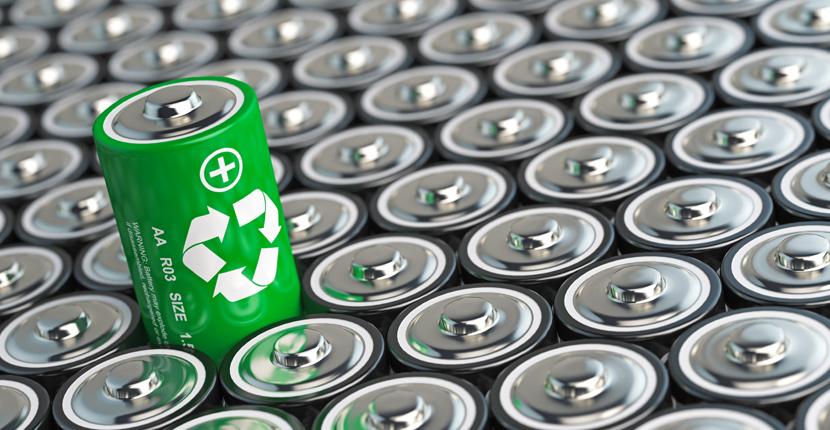
What is the one thing that all batteries and light bulbs have in common? Eventually, they will need to be replaced. But what do you do with batteries and bulbs that are no longer working? The best thing to do is recycle them. At Batteries Plus, we're committed to protecting the environment by recycling spent batteries and bulbs. Learn more about our recycling services, including what we accept and how to prepare your recyclables before bringing them in.
Why Is It Bad to Throw Away Batteries?
About two-thirds of U.S. household waste is either incinerated or placed in landfills. Batteries contain chemicals and heavy metals that can be dangerous if not disposed of properly. When placed in a landfill, these substances can leak out, contaminating soil, groundwater, lakes and streams.
What Do Light Bulbs Do to the Environment?
Some light bulbs can contain mercury or phosphor, which are toxic to people and animals. When light bulbs are thrown out, they end up in landfills where these substances can leach out into the groundwater and end up contaminating drinking water. Even though a light bulb may contain only a small amount of these chemicals, these substances build up in the environment over time to become more dangerous.
What Does Batteries Plus Recycle?
Batteries Plus accepts a wide variety of batteries and light bulbs for recycling. Due to differences in state and local regulations, there is some slight variation in the type of material each store may accept. There may also be a cost for recycling, but this too will vary by location. In general, however, our stores accept the following materials:
Here's What We Recycle
Batteries
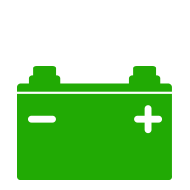
Lead Acid
- Cars & Trucks
- Golf Carts
- Sump Pumps
- Boats
- Motorcycle
- RV
- Mowers
- Floor Scrubbers

Nickel Cadmium
- Cordless Phones
- Drills
- Camcorders
- Calculators
- Electronic Flash Units
- Battery Packs

Nickel Metal Hydride
- Exit & Emergency Lights
- Golf Carts
- Flashlights
- Camcorders
- Cameras
- Barcode Scanners
- Backup Power
- Battery Packs

Lithium Ion & Polymer
- Cell Phones
- Laptops
- Two-Way Radios
- Scanners
- Tools
- Flashlights
- Watches
- Battery Packs

Household
- TV Remotes
- Kids Toys
- Flashlights
- Video Game Controllers
- Wireless Headsets

Specialty
- Watches
- Keyfobs
- Hearing Aid
- Medical Devices
- Bathroom Scales
Lighting

LED
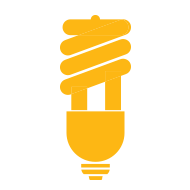
Compact Fluorescent Bulbs (CFL)

Incandescent

Circular Fluorescent
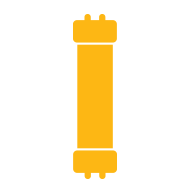
Fluorescent Tubes

U Bend Fluorescent
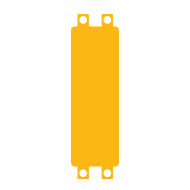
Ballasts

Plastic Coated & Shatter Shield
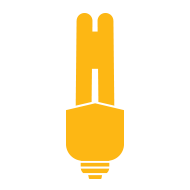
Germicidal & UV Lamps
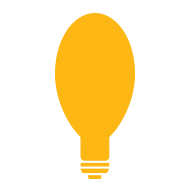
Mercury Vapor

Cold Cathode

Halogen
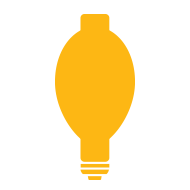
Metal Halide
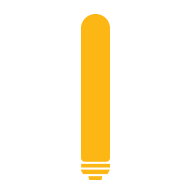
High Pressure Sodium
Small Electronics

Tablets

Laptops

Cell Phones & Smartphones

Portable Tools
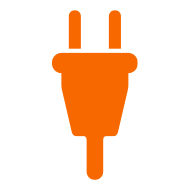
Power Cords

Charging Accessories
How Should I Prepare My Batteries for Recycling?
- Keep battery terminals from touching by bagging each battery individually, or by placing a piece of masking tape over the terminal ends
- Keep batteries clear of anything metallic or conductive, such as coins, keys or metal objects
- If you don't know how to remove a battery from a device, bring the entire device to Batteries Plus and have one of our associates remove it for you
Can You Recycle a Broken Light Bulb?
Yes, you can. The U.S. Environmental Protection Agency provides instructions on how to safely clean up a broken light bulb . After cleaning up the broken material, contact your local Batteries Plus for instructions on how to transport the bulb for recycling.
Learn More About Recycling
Interested in learning more about recycling? The EPA has a helpful guide which breaks down the rules for recycling used household batteries . You can also read more about expired alkaline batteries, or learn about our business recycling program. For questions about the type of recyclables your neighborhood Batteries Plus accepts, reach out to your nearest location directly.